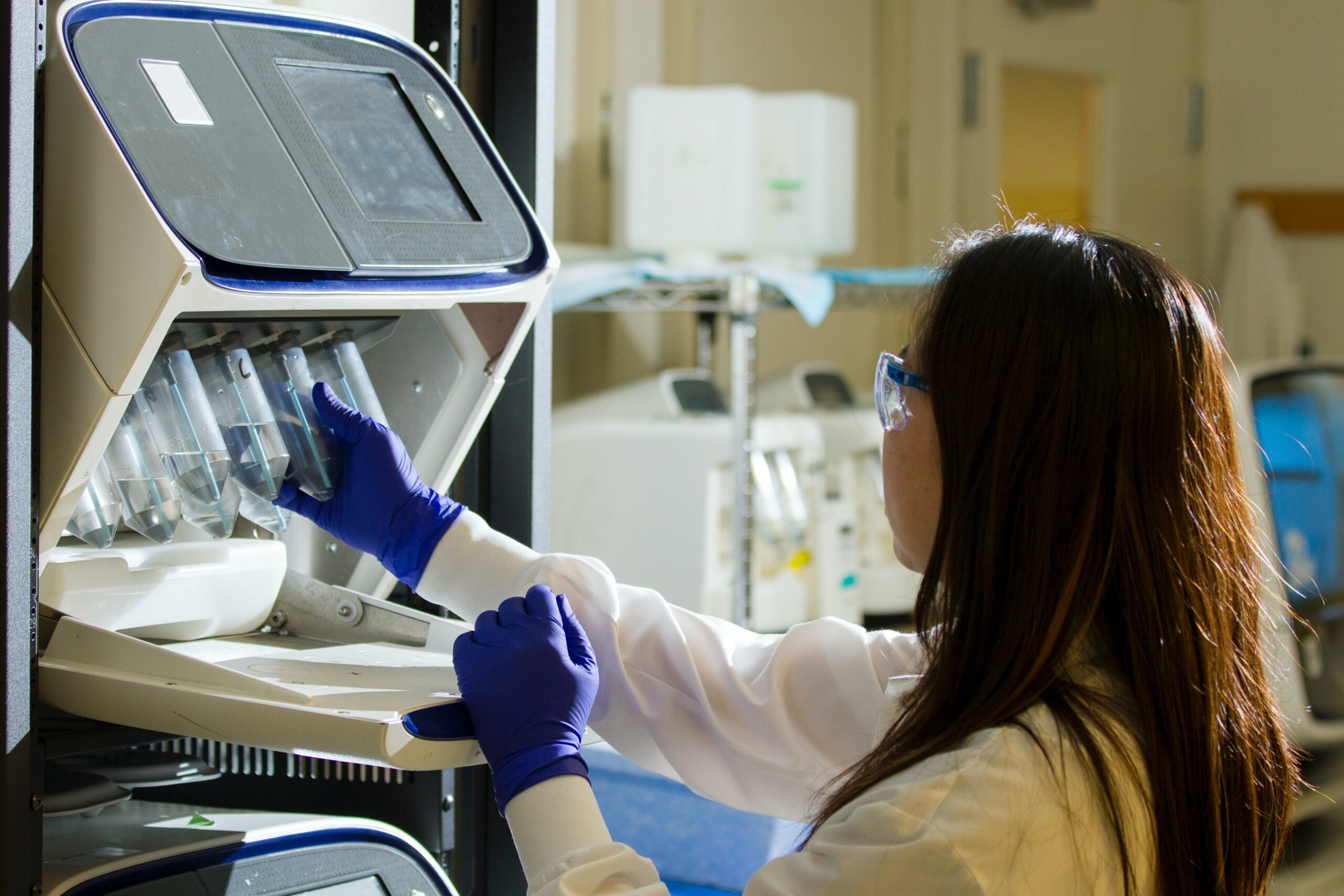Artificial Intelligence (AI) has emerged as a transformative force in recent years, reshaping the way we interact with technology and revolutionizing various industries. As we step into the future, AI is not only becoming more intelligent but is also making significant strides in its applications across diverse sectors. This article explores the latest advancements in AI, focusing on continued improvements in machine learning algorithms, sophisticated natural language processing, and the expanding influence of AI in healthcare, finance, and manufacturing.
1. Continued Improvements in Machine Learning Algorithms:
At the core of AI’s progress lies the relentless evolution of machine learning algorithms. As algorithms serve as the brains behind AI systems, ongoing research and development efforts are dedicated to enhancing their efficiency, accuracy, and adaptability. Machine learning algorithms are becoming more adept at handling complex tasks, such as image and speech recognition, recommendation systems, and autonomous decision-making. The integration of deep learning techniques, which mimic the neural networks of the human brain, has led to breakthroughs in pattern recognition and predictive analytics, allowing AI systems to learn and improve from experience.
2. More Sophisticated Natural Language Processing and Understanding:
One of the most striking developments in AI is the refinement of natural language processing (NLP) and understanding. NLP, a subfield of AI, focuses on enabling machines to comprehend, interpret, and generate human-like language. Recent advancements have elevated NLP to new heights, enabling machines to grasp the nuances of context, sentiment, and intent. Conversational AI, including chatbots and virtual assistants, has benefited tremendously from these improvements, offering users a more seamless and human-like interaction experience. This progress in NLP is not only evident in customer service applications but also in language translation, content summarization, and sentiment analysis.
3. Enhanced AI Applications Across Various Fields:
AI’s influence extends far beyond its initial realms, with applications proliferating across diverse sectors. In healthcare, AI is catalyzing advancements in diagnostics, personalized medicine, and drug discovery. Machine learning algorithms analyze vast datasets, aiding physicians in diagnosing diseases with greater accuracy and efficiency. Finance is another arena where AI is making significant inroads. Predictive analytics and algorithmic trading are becoming increasingly sophisticated, empowering financial institutions to make data-driven decisions and manage risks effectively. In manufacturing, AI-driven automation is streamlining processes, optimizing production lines, and improving overall efficiency.
4. Healthcare:
In the healthcare sector, AI is transforming the landscape by enhancing diagnostic capabilities and personalized treatment plans. Machine learning algorithms analyze medical images, such as X-rays and MRIs, aiding in the early detection of diseases. AI-powered predictive analytics help identify potential health risks in patients, allowing for proactive and personalized healthcare interventions. Additionally, natural language processing is facilitating more efficient management of electronic health records, improving communication among healthcare professionals, and enhancing patient outcomes.
5. Finance:
AI is reshaping the financial industry by revolutionizing how transactions are conducted, risks are assessed, and customer experiences are personalized. Machine learning algorithms analyze vast financial datasets, identifying patterns and anomalies to predict market trends and optimize investment strategies. Chatbots equipped with advanced natural language processing capabilities assist customers in navigating complex financial processes, providing real-time support, and enhancing overall user satisfaction.
6. Manufacturing:
In manufacturing, AI is at the forefront of the Fourth Industrial Revolution, driving the adoption of smart factories and automation. Machine learning algorithms optimize production processes, predict equipment failures, and facilitate predictive maintenance. Robots and autonomous systems equipped with AI capabilities enhance efficiency and precision in manufacturing operations. The result is a more agile and responsive manufacturing ecosystem, capable of adapting to changing market demands with speed and precision.
As we witness the ongoing evolution of artificial intelligence, the landscape of technology and its applications is being redefined. Continued improvements in machine learning algorithms, sophisticated natural language processing, and the expansion of AI across healthcare, finance, and manufacturing are indicative of a future where intelligent systems play an increasingly integral role in our daily lives. These advancements not only enhance the capabilities of AI but also present opportunities for innovation and positive transformation across diverse industries. The journey of AI into the next decade promises a future where the collaboration between humans and intelligent machines unlocks new possibilities and propels us into a new era of technological progress.

